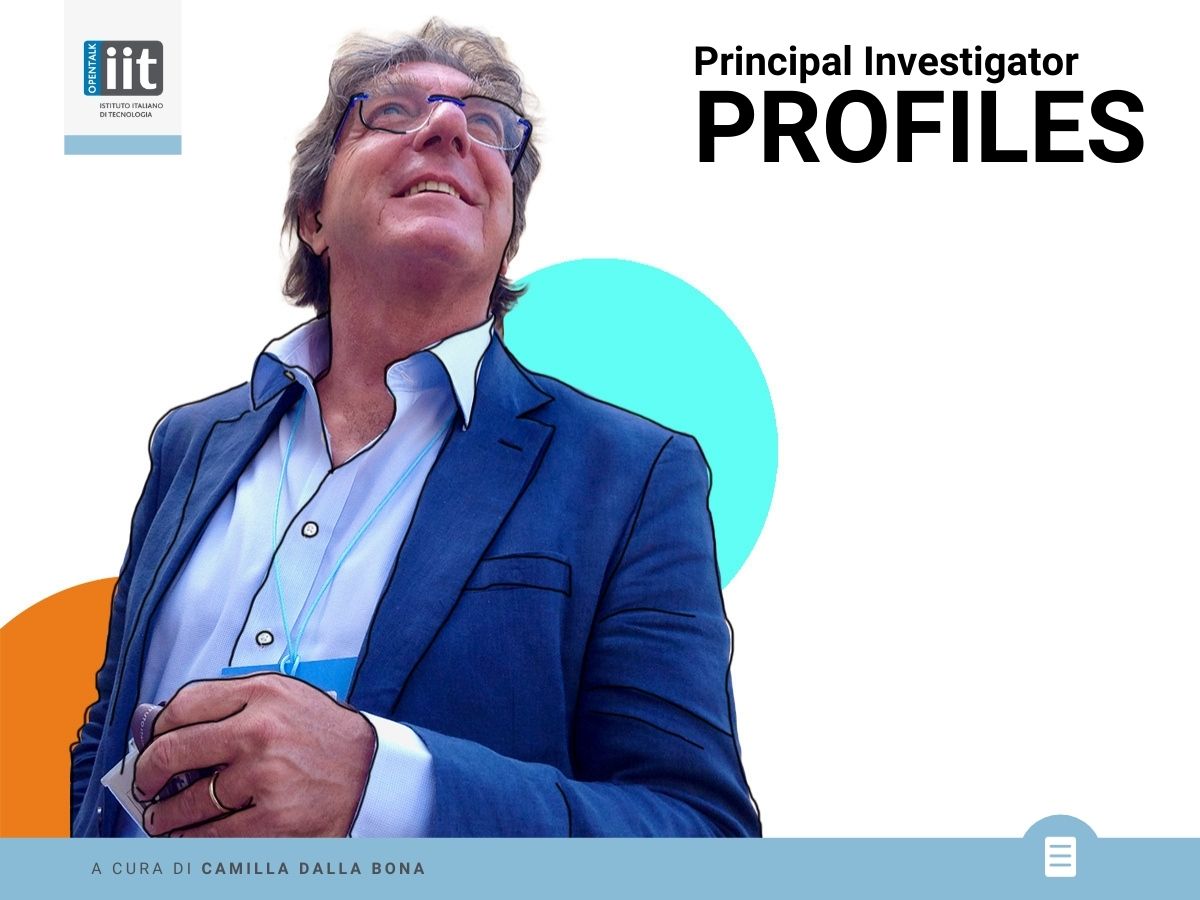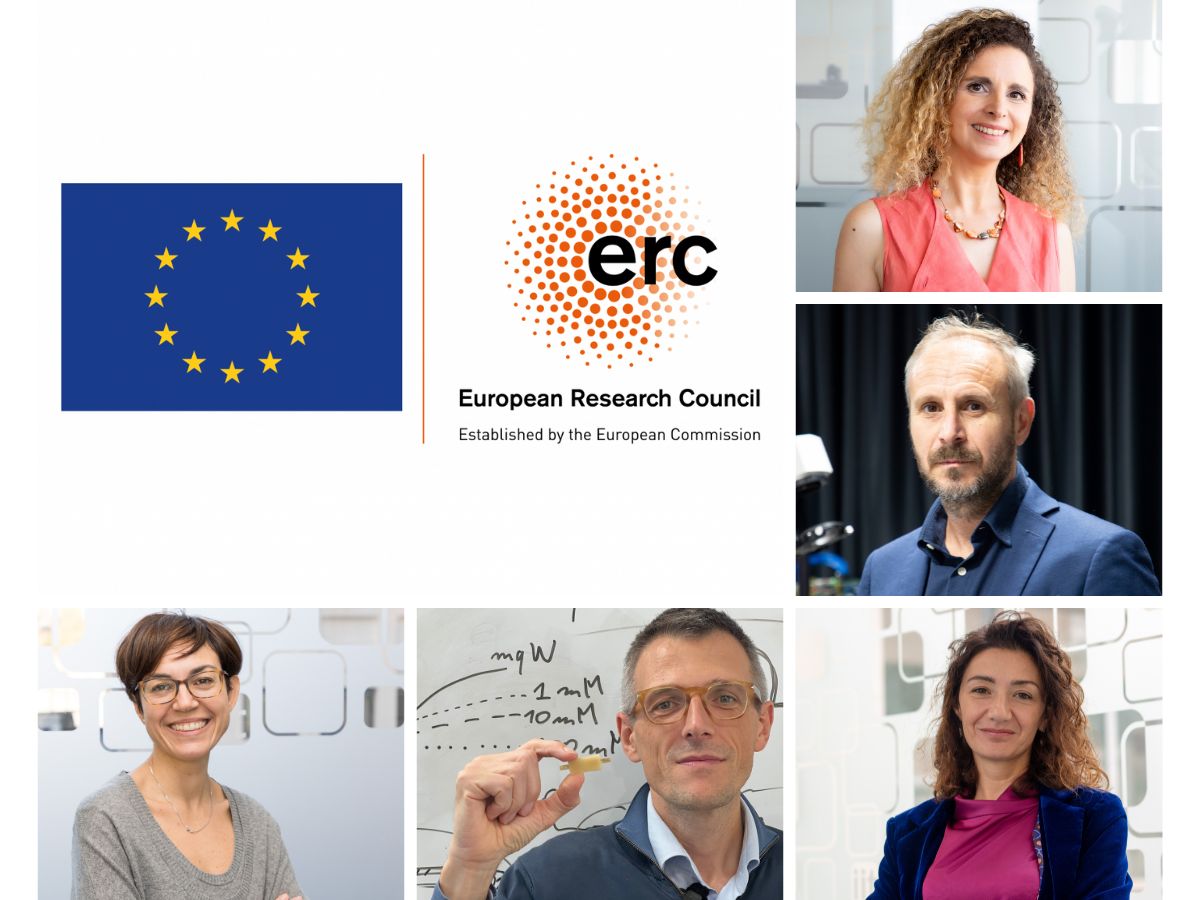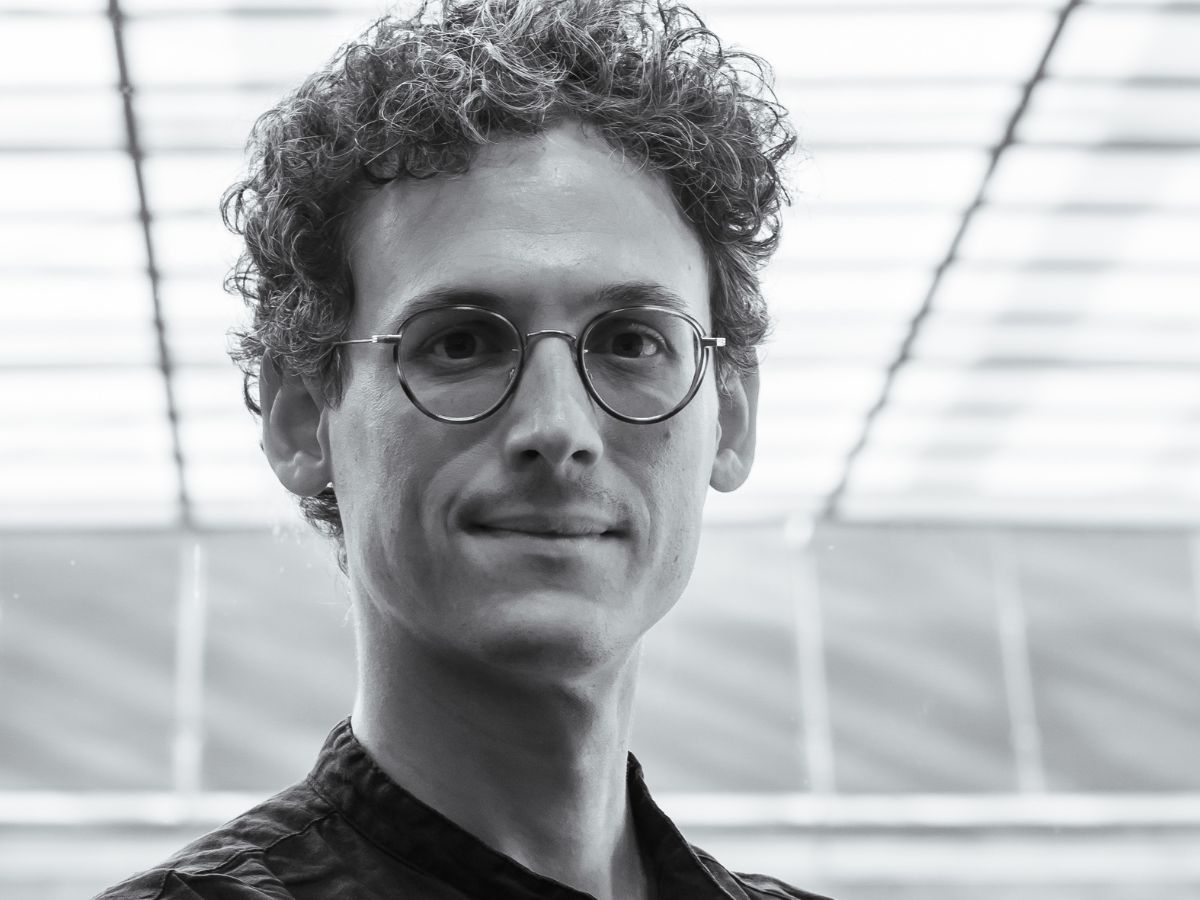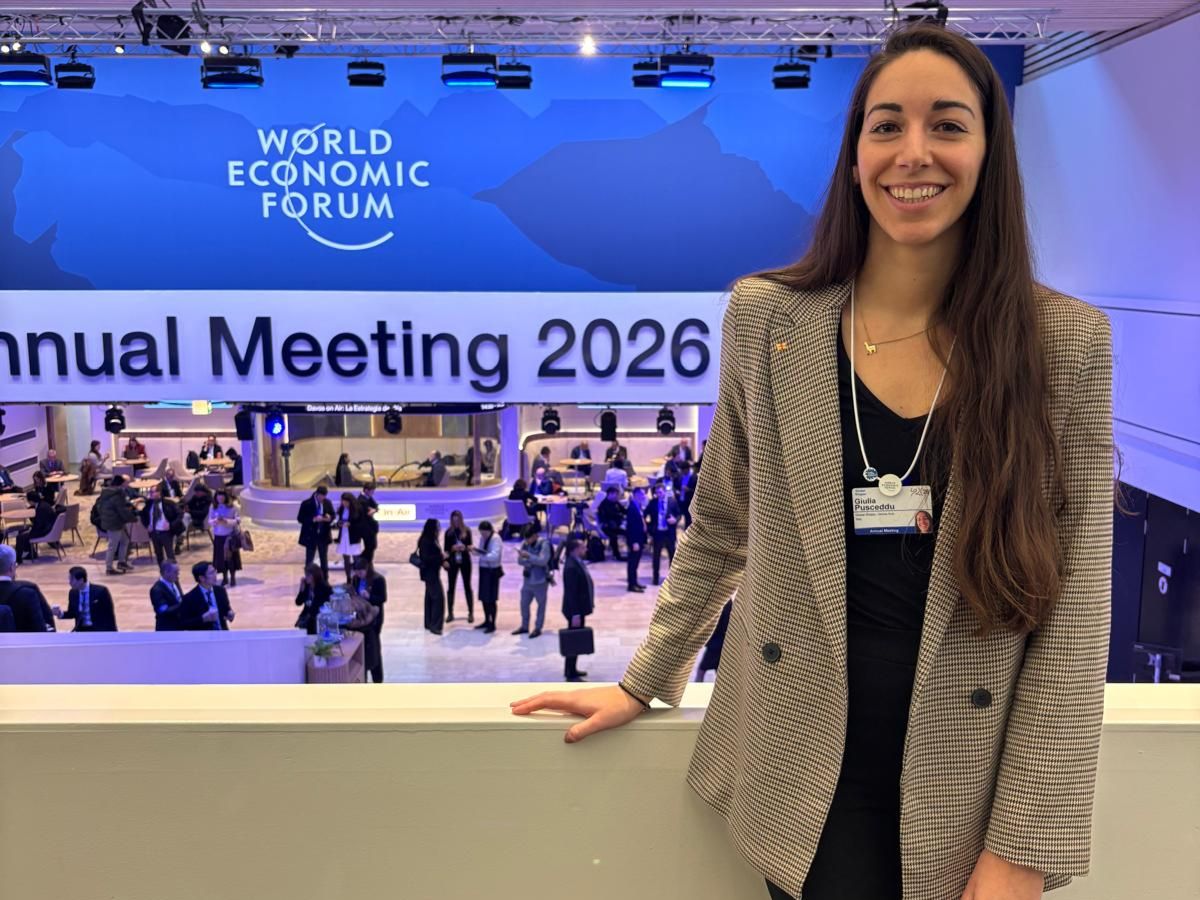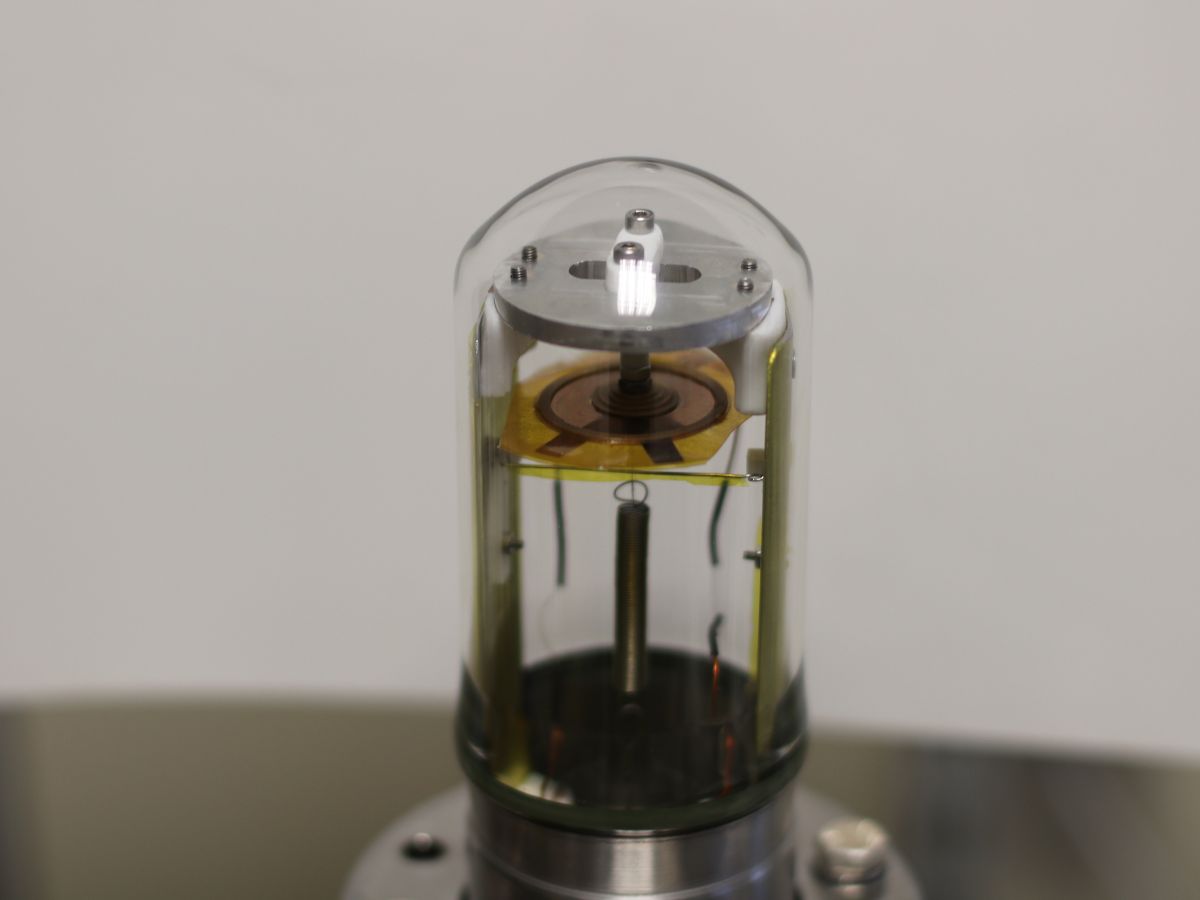Interview with Alberto Diaspro, coordinator of IIT’s Nanoscopy line of research
Name: Alberto
Surname: Diaspro
Place of birth: Genoa (Italy)
Role: PI, Nanoscopy
What is your research team working on? Optical methods for studying living organisms at a molecular scale and for understanding oncological and neurodegenerative diseases.
Was this the job that you wanted to do when you were a child? Yes, I had made a promise to my grandmother, and I was always using a microscope.
If you didn’t do this job, what would you have been? A singer-songwriter. My Italian models were Francesco Guccini and Roberto Vecchioni, internationally Joni Mitchell, Neil Young and Bob Dylan, not to be too modest about it.
Do you remember a time when you wanted to give it all up and do something else? I have never thought of giving it all up. But very often I have had to grit my teeth in order to carry on, and this continues still today.
“Publish or perish”. In what way does the pressure to publish affect your everyday life and your professional decisions? When I was young, I thought – and I still think in the same way today – that publishing is necessary for understanding whether you are doing something of genuine interest, and offering it to others, and receiving from others. Then I understood that most people consider it differently, but in the end, that’s their problem.
When did you realise that you were going in the right direction in your career? I think that trying to perform research is a natural condition for my life. The successes attained by the people who have performed research with me encourage me to believe that this is the right direction.
What is your next objective? Finding the key to understanding why a cell remains healthy or not by using an optical microscope, eliminating contrast agents, and creating a microscopy company in Italy, in the light of the intuitions of Galileo Galilei and Giuliano Toraldo di Francia, for cultural, rather than economic, reasons.
What is the hardest part of your work? Enabling people to understand that an optical microscope is scientific research, and not a washing machine in which you put the linen and choose the programme that you need.
Senior researchers necessarily have to be involved with a number of bureaucratic aspects. Apparently this doesn’t seem to suit research activities very well. What do you think? If you are involved with admirable people, there are no problems, on the contrary. But if you meet people who use it for their own careers, it is like a cancer that grows, as Simon & Garfunkel said.
Who should invest more in research when compared to how much is invested today? The national system. I think that it is absurd, though useful, considering the situation, that to study cancer or rare diseases, you have to rely on private associations supported by citizens who, as they pay taxes, should already be guaranteed that research. And that is just the tip of the iceberg.
Do people talk about science outside laboratories and the academic world? People have a thirst for knowledge, and it is our duty to provide them with unambiguous information.
Who gave you the best advice during your career development? My grandfather Mario, my wife Teresa and my daughter Claudia. Many of my male and female colleagues, but I received the best examples from Bruno Bianco, Martin Chalfie and Tulle Hazelrigg.
What would you say to young students who are completing their Research Doctorates? “Do or do not. There is no try” (quoting Yoda from Star Wars).
For a researcher, is it essential to work in different countries? No, I don’t think so. Every experience anywhere is important, if it is genuinely implemented and self-assessed with a critical attitude.
If you could improve one aspect of research, what would it be? I would cancel the falsehood of not telling people clearly that they are not suited to research.

